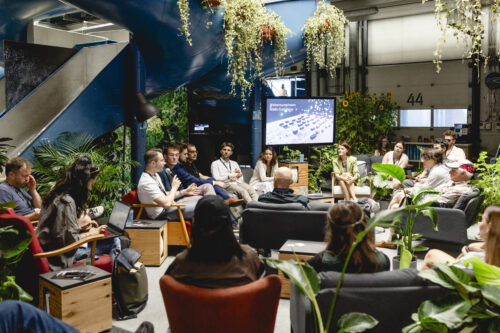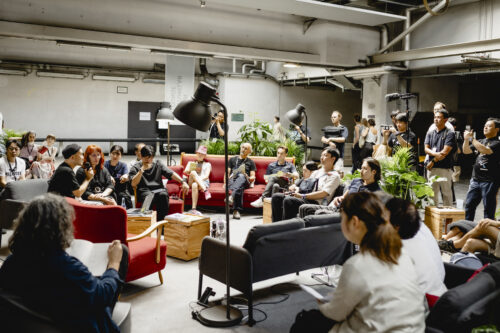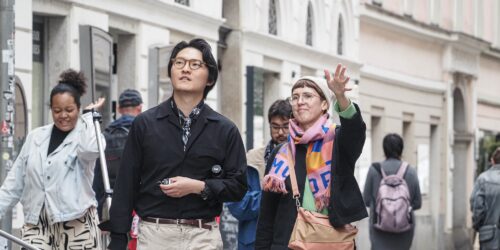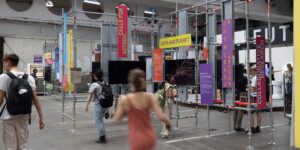Otto Naderer
-

Alter.Ego
How Do AI Personalities Affect Us?
Flashing lights, whirring motors, and cheerful chimes – at first glance, Alter.Ego looks like an ordinary arcade game. Yet instead of controlling a joystick to win a prize, players must engage in dialogue with one of its shifting AI personalities and persuade it to cooperate.
-
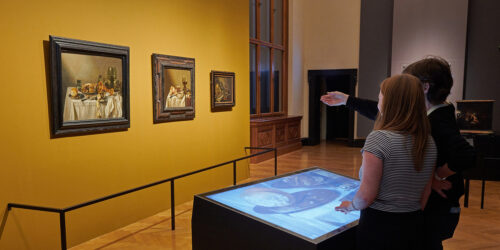
Claesz Unveiled
Digital Exploration Interface for Artworks
Delicate textures and intricate elements that would otherwise remain imperceptible: a new digital exploration interface uncovers the details of Pieter Claesz’s still lifes – presented at Kunsthistorisches Museum Wien, Universalmuseum Joanneum, and Kunst Museum Winterthur.
-
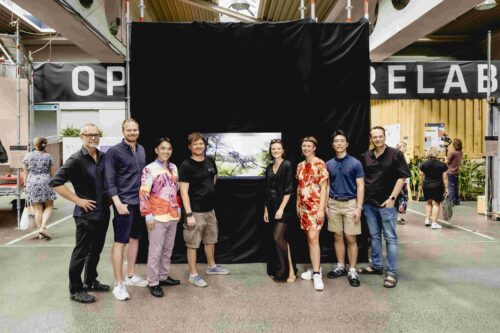
Collective Transformation Lab
Engaging Strategies for Social Challenges
“Think slow, act fast” is the mantra of the Collective Transformation Lab – an enlightening self-reflection platform established as a collaboration between tech start-up Godot and the Ars Electronica Futurelab.
-
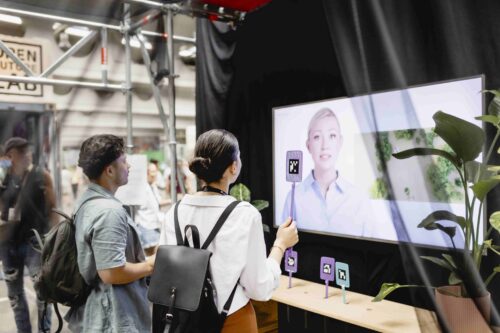
Buzz Swatters
Playful Pandemic Prevention
Buzzing noises, an inconspicuous window, tropical humidity, and the impression of being chased: Buzz Swatters: Playful Pandemic Prevention addresses the collective action problem of infectious diseases in an innovative and playful way.
-
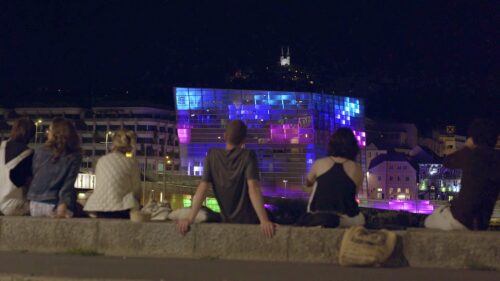
Public Pixels
Northeastern University 2024
July 2024 marked the fourth time the Ars Electronica Futurelab welcomed an interdisciplinary group of students from Northeastern University in Boston. Over a tightly packed three-day period, the students were once again tasked with creating media art projects for the Ars Electronica Center’s programmable media facade – showcasing how collaboration can transform a public space…
-
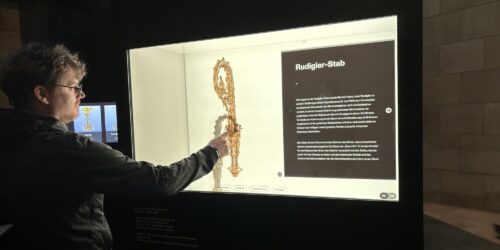
Mariendom digital
Zooming In on Cultural Heritage
The New Cathedral (Mariendom) in Linz celebrated its centenary in 2024 with a large-scale digitization project and a new visitor center including a multimedia exhibition. Here, digitally enhanced showcases for sacred objects and gigapixel images of the cathedral windows await visitors, who can even populate the cathedral digitally with their portraits.
-
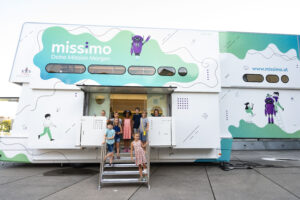
missimo
Mobile STEAM Learning for Kids
missimo is a project for children aged eight to ten that offers many experiments on topics such as AI, robotics, and programming. The special appeal: missimo visits primary schools in Austria’s rural areas by truck.
-

Future Teams
Communicative Robots for the Workplace
The Future Teams project aims to develop innovative technologies, spaces, and services that enhance team creativity and foster mutual care in the workplace. Prototypes include three buddy robots with communication skills aimed at enriching future teamwork.
